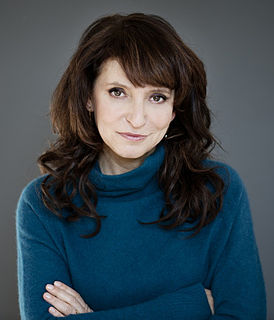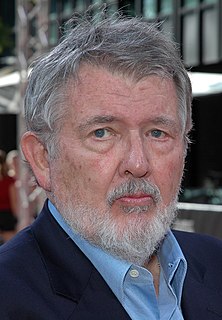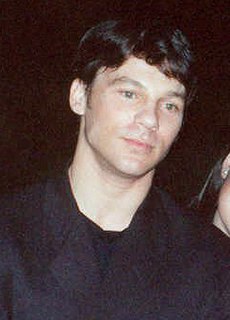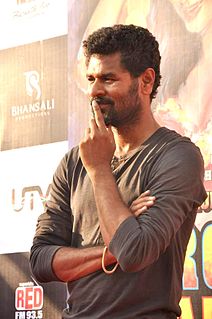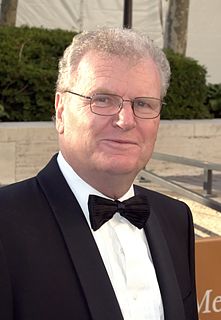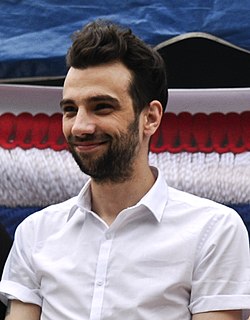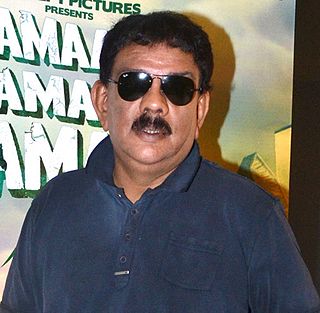A Quote by Channing Tatum
I've always said that movies are a direct mirror of the director.
Related Quotes
When I write something, I want the best director to direct it. And that's not going to be me. So when David Fincher comes along and wants to direct 'The Social Network,' when Bennett Miller comes along and wants to direct 'Moneyball,' or when Danny Boyle wants to direct 'Jobs'? Hallelujah. I want them directing it.
I like to direct movies, but I don't like to goof around for eight years talking about it. And it's pretty irritating to get a movie on. So to complicate it by having more irritation as a director, I don't really need it. And because I direct a great deal still, but in the theater, I kind of get that anyway. Which is not at all to say I would never do it again, or it would never happen again.
It is true that I got recognition. But however good the comedies are, nobody will accept a good comedy director as a good director. That is the sad part of it. Nobody knows who directed the 'Laurel and Hardy' movies. They know only Laurel and Hardy. Directors will never get a good name if they direct a comedy film.


